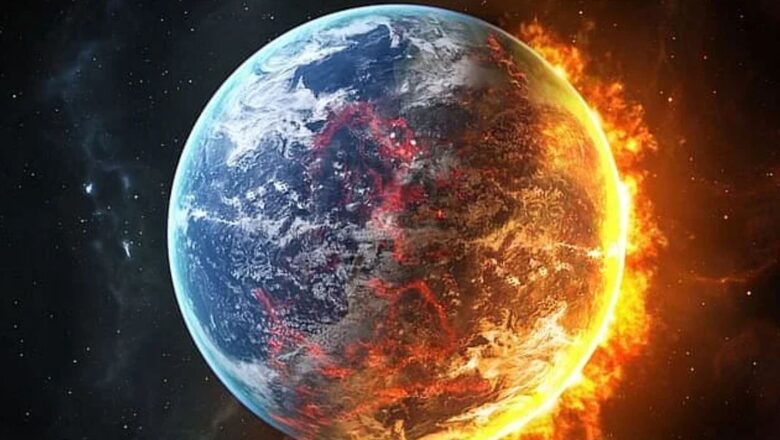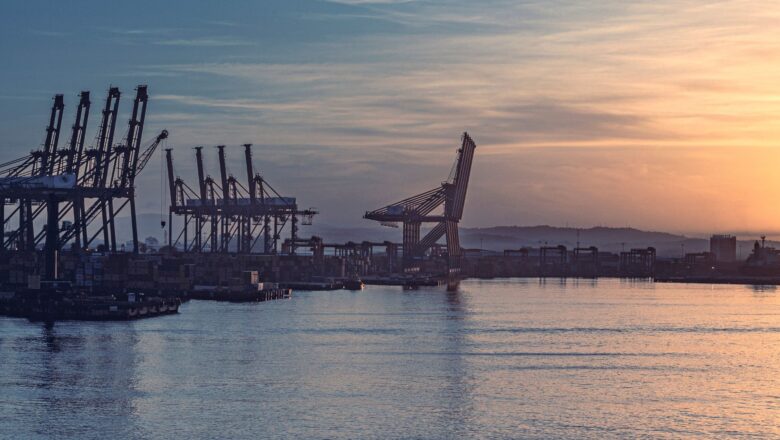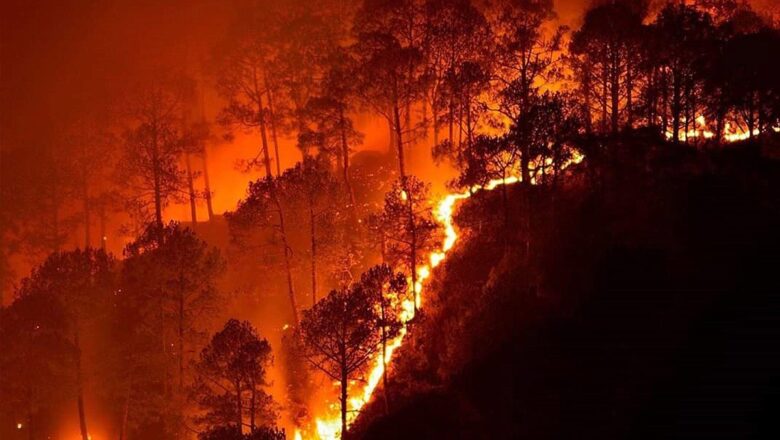
Earth Surpasses 1.5°C Warming Threshold in 2024, Entering Era of Sustained Global Heat
In 2024, the average annual global temperature anomaly officially surpassed the critical 1.5 degrees Celsius threshold, marking a significant milestone in the planet’s long-term warming trend. Climate change researchers now suggest that the world has entered a phase of sustained warming, with drastic implications for global ecosystems and societies.
The temperature limit of 1.5°C above pre-industrial levels set as a target by the Paris Agreement in 2015 was originally intended to prevent the worst impacts of climate change. However, almost every month in recent years has individually surpassed this threshold, signaling that the goal is now nearly impossible to meet.
Data from the World Meteorological Organization (WMO) revealed that the average global temperature in 2024 reached appr...









